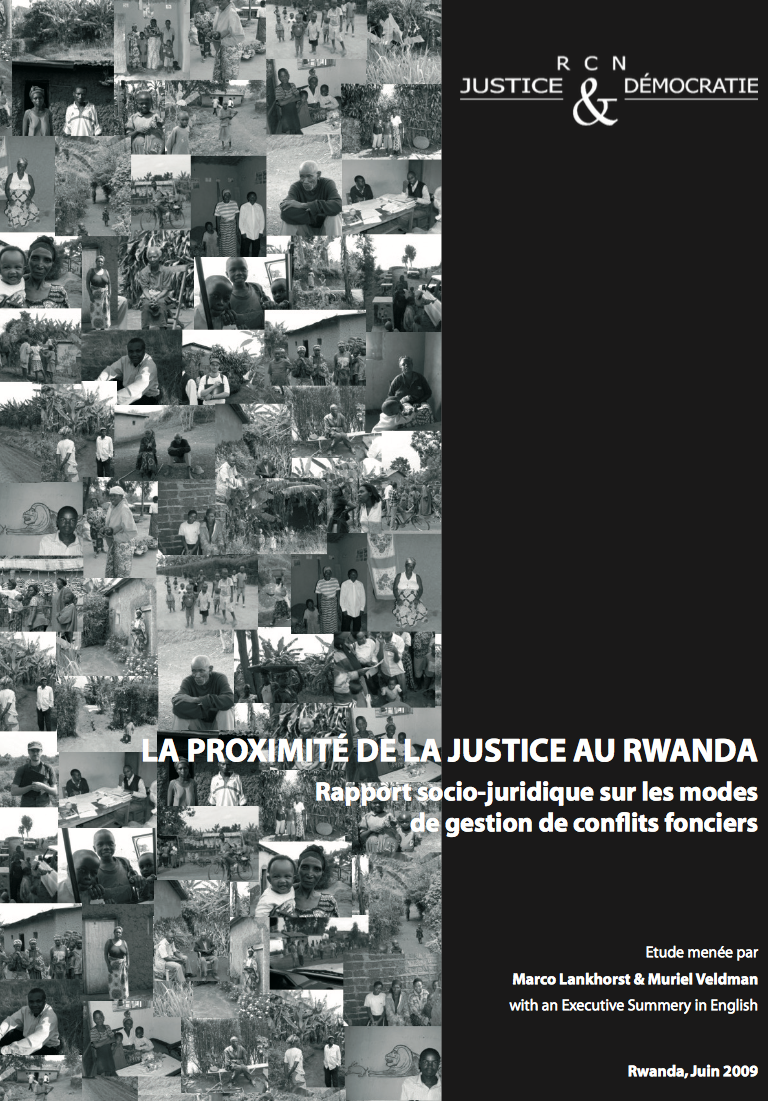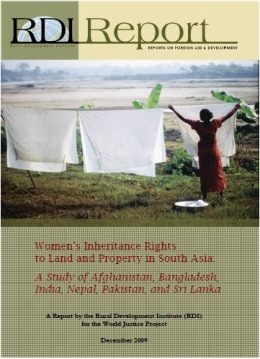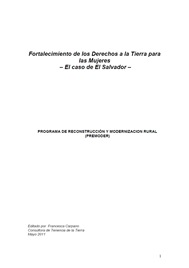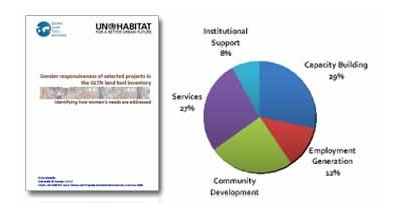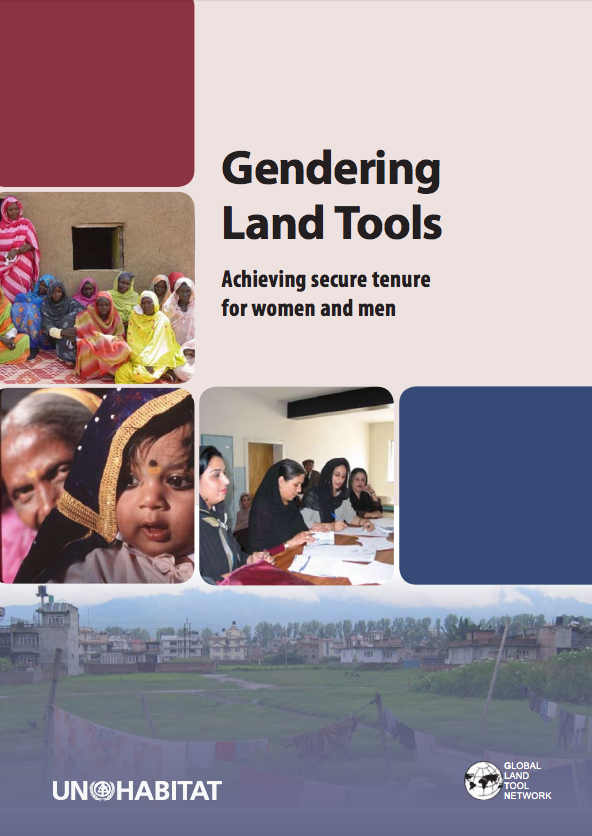Land Sector Framework 2009-2018 - "A prosperous, equitable & sustainable Land sector for Vanuatu".
This Land Sector Framework (LSF) provides the foundation for a strategic plan to implement land sector reforms in Vanuatu. It is intended to guide government, the private sector and civil society in the use and management of Vanuatu’s land resources. The LSF is based on a Vision and a set of strategic objectives. It outlines implementation priorities for a LSF policy and activity agenda over a ten year period and builds upon the 2006 National Land Summit (NLS) resolutions and recent donor initiatives in the sector.



